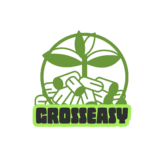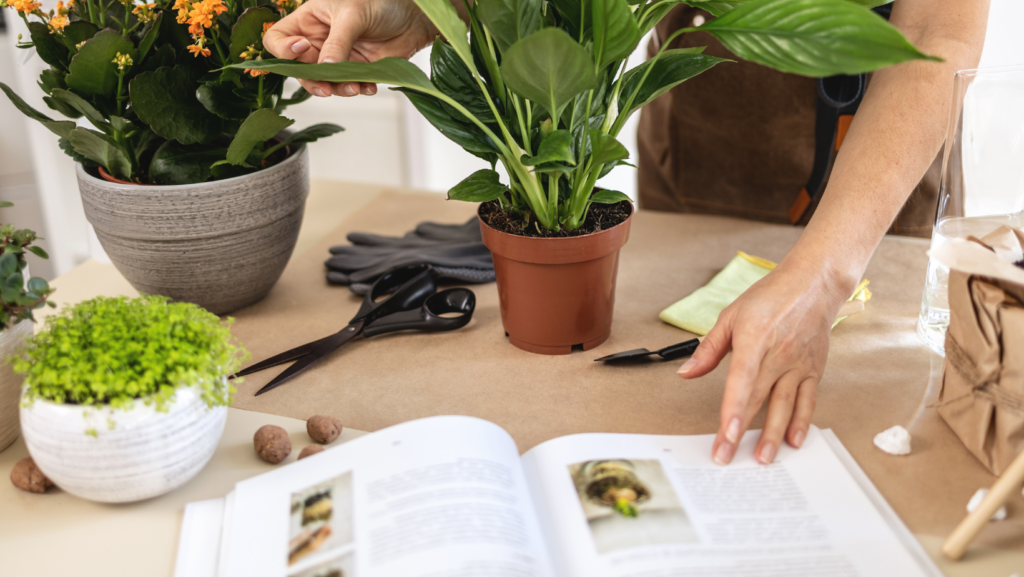In the heart of bustling cities, urban gardening is blossoming as a beloved trend that reconnects city dwellers with their food sources. Amidst concrete jungles, these green oases offer not just a respite from asphalt and skyscrapers but also a sustainable way to grow fresh produce. For enthusiasts eager to embark on their own urban agriculture adventures, a well-crafted urban gardening book can serve as the perfect guide.
Urban Gardening Book
 Building upon their expertise in urban environments, popular authors in the field of urban gardening each bring unique contributions to enthusiasts. Leslie Bennett, co-author of “The Beautiful Edible Garden,” designs practical yet beautiful spaces in urban settings. Her approaches combine aesthetics with functionality, making gardening an integral part of home decoration. Meanwhile, Matt Mattus advocates for pushing the boundaries of what can be grown in a city through “Mastering the Art of Flower Gardening.” He introduces readers to exotic flowers that are suited for urban areas, inspiring gardeners to expand their horticultural horizons. Lastly, Novella Carpenter shares personal anecdotes and practical advice in “Farm City,” telling the enthralling story of transforming a vacant lot into a thriving urban farm. Her book highlights creativity and resource management, demonstrating that successful urban gardening is possible even with limited resources. Each author’s work effectively complements the foundational gardening knowledge by bringing innovative and personalized techniques to the forefront, making them invaluable resources for urban gardeners.
Building upon their expertise in urban environments, popular authors in the field of urban gardening each bring unique contributions to enthusiasts. Leslie Bennett, co-author of “The Beautiful Edible Garden,” designs practical yet beautiful spaces in urban settings. Her approaches combine aesthetics with functionality, making gardening an integral part of home decoration. Meanwhile, Matt Mattus advocates for pushing the boundaries of what can be grown in a city through “Mastering the Art of Flower Gardening.” He introduces readers to exotic flowers that are suited for urban areas, inspiring gardeners to expand their horticultural horizons. Lastly, Novella Carpenter shares personal anecdotes and practical advice in “Farm City,” telling the enthralling story of transforming a vacant lot into a thriving urban farm. Her book highlights creativity and resource management, demonstrating that successful urban gardening is possible even with limited resources. Each author’s work effectively complements the foundational gardening knowledge by bringing innovative and personalized techniques to the forefront, making them invaluable resources for urban gardeners.
Benefits of Reading Urban Gardening Books
Reading urban gardening books offers critical benefits for enthusiasts striving to expand their skills and apply innovative gardening techniques in limited spaces. Readers gain deeper insight, as these books provide a wealth of information not just about plant cultivation but also about how to effectively use urban spaces. Knowledge on vertical gardens, rooftop plantings, and balcony gardens typically feature in these guides, offering practical solutions that fit uniquely urban constraints.
 Additionally, urban gardening books help plan and execute more sustainable gardening practices. They cover the selection of plants suited for urban environments, the management of micro-climates, and ways to reduce ecological footprints by using local materials and composting. These resources are instrumental in aiding gardeners to make informed decisions that contribute to more sustainable urban living environments.
Additionally, urban gardening books help plan and execute more sustainable gardening practices. They cover the selection of plants suited for urban environments, the management of micro-climates, and ways to reduce ecological footprints by using local materials and composting. These resources are instrumental in aiding gardeners to make informed decisions that contribute to more sustainable urban living environments.
Furthermore, these books serve as a source of inspiration. They showcase successful case studies and offer stories from seasoned urban gardeners, which can motivate readers to initiate or improve their own urban gardening projects. For example, they might read about someone who transformed a deserted city lot into a productive green space, sparking ideas for similar undertakings in their local areas.
Advanced Resources for Experienced Gardeners
Experienced gardeners seeking to elevate their urban gardening skills can find a wealth of information in advanced urban gardening books. These publications delve deeper into complex gardening techniques and innovative solutions tailored to urban environments. Books like “The Edible City” by John Rensten explore foraging in urban settings, teaching readers to identify and use plants that thrive in urban landscapes. Similarly, “Advanced Urban Gardening” by Samuel Thayer provides detailed methodologies for implementing vertical farming systems and automated watering systems in cramped spaces. These resources serve as an extension to the foundational knowledge provided by celebrated authors, offering expert advice that enhances the productivity and sustainability of urban gardens. Urban gardening enthusiasts find these books invaluable for their sophisticated approaches and case studies that demonstrate successful urban agricultural initiatives.
Implementing Ideas from Urban Gardening Books
 Implementing ideas from urban gardening books transforms theoretical knowledge into practical, thriving gardens. Gardeners can choose from a variety of techniques, depending on their unique urban spaces and needs. Leslie Bennett’s books encourage the integration of aesthetic appeal with functional gardening. Following her advice, residents can design visually appealing yet productive garden spaces on terraces and balconies.
Implementing ideas from urban gardening books transforms theoretical knowledge into practical, thriving gardens. Gardeners can choose from a variety of techniques, depending on their unique urban spaces and needs. Leslie Bennett’s books encourage the integration of aesthetic appeal with functional gardening. Following her advice, residents can design visually appealing yet productive garden spaces on terraces and balconies.
Matt Mattus’s focus on exotic flowers introduces gardeners to a world of unique blooms that can thrive in city environments. By incorporating his suggested practices, enthusiasts can cultivate plants like orchids and bromeliads even in confined spaces.
Implementing Novella Carpenter’s methods, individuals use vacant lots to create urban farms, effectively utilizing untapped land. This approach not only recovers wasted space but also contributes significantly to local food production, fostering community and self-reliance in urban settings.

